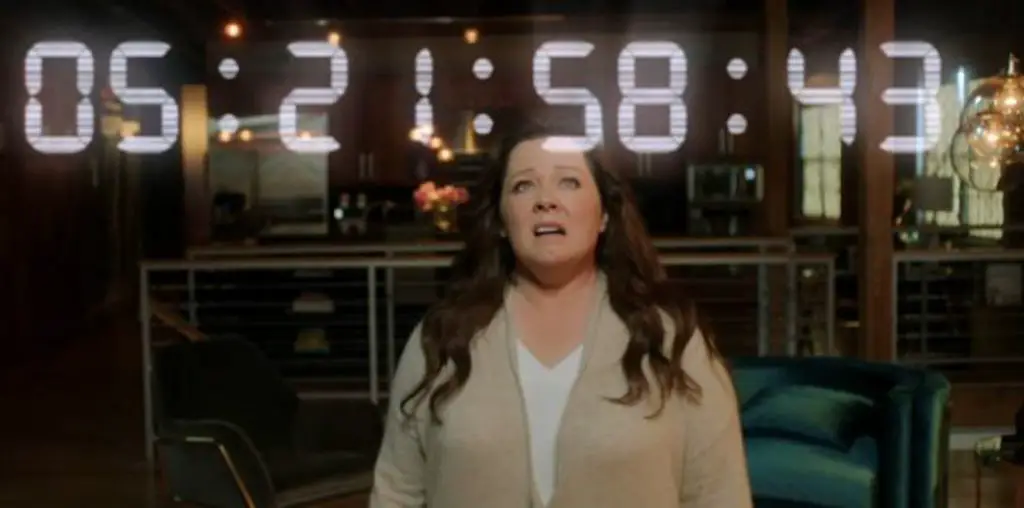
“Good style, to me, is unseen style,” notes Sidney Lumet in Making Movies, his Little Red Book on how to direct. “It is style that is felt.” Indeed, when eulogizing the career of this monumental auteur, one has difficulty identifying an iconic scene that encapsulates Lumet’s approach to filmmaking.
Where cinephiles can speak of a Lynchian style or a Peckinpah-inspired flourish, you seldom hear Lumet’s name invoked in film criticism as a form of imitation.
Rather, the director’s very invisibility defined his work. An overview of his filmography demonstrates a chameleonic ability to subsume his directorial identity beneath the material at hand, be it a musical (“The Wiz”), a Tennessee Williams adaptation (“The Fugitive Kind”) or social satire (“Network”). His anonymity should not be interpreted as lack of vision. On the contrary, it reflected a respect for story, setting, and actor. Nowhere in Lumet does the director take center stage with the intention of announcing “Hey, Ma! Watch me direct!”
Instead of writing yet another obituary that enumerates the obvious highlights of his career, I’d like to focus on a relatively unseen work by this most invisible of directors. “Prince of The City” (1981) occupies the top tier of Lumet’s legacy and let us hope it shall not be overlooked in the inevitable string of revivals and retrospectives that crop up over the next year.
Based on Robert Daley’s true-crime book of the same name, “Prince of the City” follows the downward spiral of a corrupt NYPD narcotics detective. A rising star in the department’s Special Investigative Unit (SIU), Danny Ciello has nothing to gain besides a clear conscience when he starts cooperating with the U.S. Attorney’s office in exposing police corruption. The streetwise informant wears a wire and initiates multiple investigations of crooked lawyers, bail bondsmen, and assorted hoods. In the process, the detective violates the cardinal rule of police conduct. He rats out his partners in order to save himself from a perjury conviction.
“Prince of the City” makes an interesting sequel of sorts to “The French Connection.” Many of the real life characters from the NYPD appear in both pictures as does the 120 pounds of heroin that gets seized in the first film and stolen in the second. While Friedkin perfects all the standard elements of the police procedural, Lumet attempts to deconstruct them.
The trajectory of the film becomes pretty apparent within about 20 minutes of its nearly three-hour running time. Ciello will be ground into mincemeat as the wheels of justice begin to turn. “Prince of the City” is not a “cops and robbbers” suspense flick. There are no heroes. Only humans. It is a dirge with the scale and force of Theodore Dreiser’s “An American Tragedy.” The complex subplots and extended dialogues that make up the movie may plod but only in the sense of a giant steamroller that slowly flattens everything in its path. Scene by scene, a tight-knit community of family and friends unravels into a tangled web of suicides, arrests, and bitter feuds.
The poignancy of the picture lies in its moral ambiguity. The rogue cops do bad things yet their camaraderie and compassion position them as the good guys. The federal prosecutors uphold the law but their ambition and vindictiveness leave behind a trail of ruined lives and careers. Ciello occupies the nexus of this ethical paradox. Even after betraying his partners, neither he nor they completely shed their bonds of fidelity. As the detective puts it “I sleep with my wife but I live with my partners.” Forged on the mean streets, a special kinship develops among police officers that undergo life and death situations together. Other than soldiers in battle, few outsiders can understand this relationship.
For those enrolling in film school, the first ten minutes of the film should be watched as a model on how to make movies. Lumet may direct quietly but he is clearly in control of every subtlety and nuance that occurs within the frame. In the course of a few scenes, the director introduces six distinct characters, details the intricacies of a corrupt drug bust, and studies the troubled inner-life of its lead. Only Lumet’s disciplined economy allows for so much to be told in so little time.
Even the briefest appearances on screen reveal complex situations and characterizations. For instance, a junkie enters a luncheonette to tip off Ciello on a meeting. The detective leaves after slipping a bribe into the informant’s front coat pocket. The addict then takes his stool at the counter and starts drinking Ciello’s unfinished cup of coffee. To further accentuate his desperation, he filches the dollar bill left as payment while reaching for the coffee. The entire shot takes under 45 seconds yet these are the minutiae that add up to great movies and a talent that shall be missed.

He was an absolute legend. It just kills me that something like Prince of the City is not on the tip of the tongue of the average movie goer. It is so damn good and is what filmmaking is all about in my opinion. Instead of just constantly just giving people what they want, lets give them something to think about, something real and organic. You can do both I think. The suits are too scared to make a mistake though.